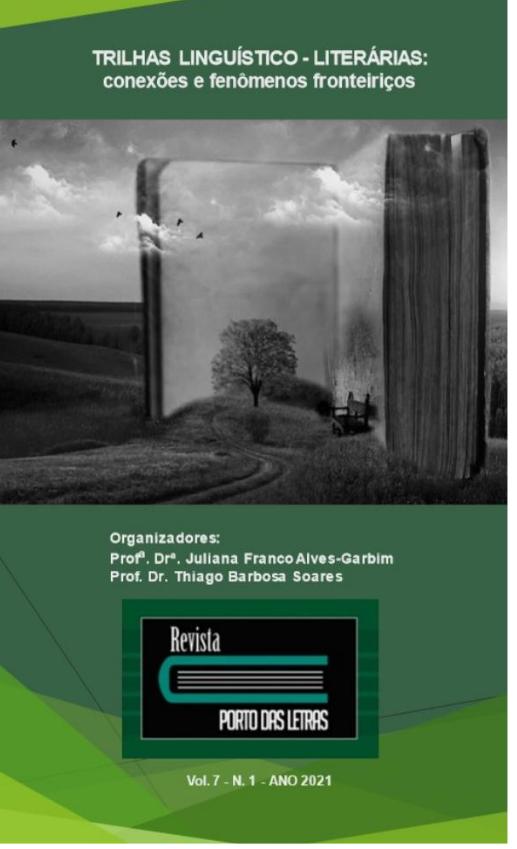Quando o teatro fala sobre a morte
Um estudo de caso em Antígona de Sófocles
Abstract
This work aims to analyze the meanings of the funeral rituals that involve the character Antigone in the tragedy written by Sophocles, and Antigone's dilemma in obeying the traditions or the law of the ruler about the burial of his brother Polinices. For the ancient Greeks the world was governed by a natural order ruled by the gods. Therefore, any violation of this order will cause the harmony to break. Greek tragedies sought to represent these dilemmas between what was established by the gods and human decisions. The relations that the ancient Greeks had with death will be considered, as the necessary rituals, in order to guarantee peace to the dead soul, as the condemned who were forbidden to have their bodies veiled. To do so, we will trace a brief history on the origins of the tragedies as well as the traditions of ancient Greece. Also, we will give a special focus to the place that the theater occupied among the ancient Greeks at different times. The theoretical contributions of this work will be the historian Fustel de Coulanges and the Greek tragediographer Sófocles.
Downloads
Published
How to Cite
Issue
Section
License
Os autores concordam com os termos da Declaração de Direito Autoral, que se aplicará a esta submissão caso seja publicada nesta revista (comentários ao editor podem ser incluídos a seguir).

